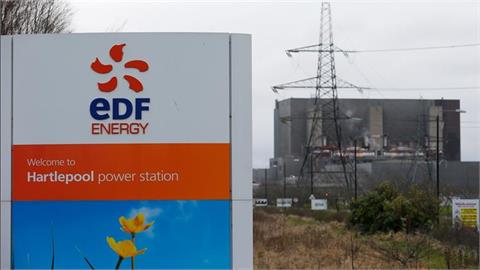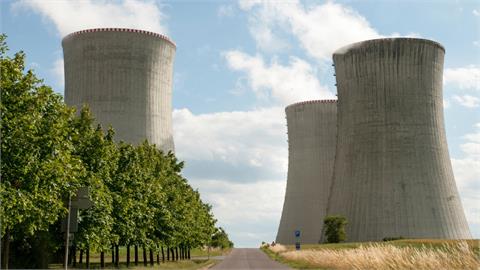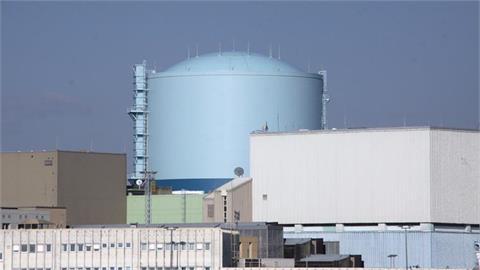The financial crisis, which was sparked by American bank failures exerted demand pressure on crude oil prices, causing an almost 10% decline last week, however, the negative effects of the recent financial crisis are predicted to have a 'short-term' effect on the oil markets, with Brent oil prices remaining between $75 and $80 per barrel
The collapse of Silicon Valley Bank (SVB) and Signature Bank in the US marked the beginning of the process, which further intensified with the failures of the First Republic in the US and Credit Suisse in Switzerland.
Being held responsible for the financial crisis, the US Federal Reserve (Fed) is expected to adopt a more cautious stance in the aftermath of these developments, which have stoked concerns of a global economic downturn and weak oil demand.
Concerns for spillover effects of the growing financial crisis caused extreme volatility in the oil markets and prices plummeted to their 15-month lows as investors focused on the actions that the US and European central banks would take.
The price of Brent oil fell as low as $70.13 during Monday's early trading session while WTI traded at $64.38 a barrel, recording their lowest levels since December 2021.
- Price declines are not supply-, demand-oriented
Randall Mohammed, former vice president of energy for Ahart Solutions International and an energy market commentator, confirmed that the reason for the price declines was 'a combination of US stock builds, fears of a banking collapse triggered by SVB, and further increase in interest rates by the Fed.'
Mohammed said the recent banking sector failures 'are more financial in nature and has little to do with the supply and demand for oil worldwide.'
'Therefore, the pullback in oil prices is short-lived,' he told Anadolu.
Pointing out that the prices recovered last week on the back of government intervention to bail out the banking sector, Mohammed highlighted that the problem is also limited to regional banks.
He went on to assert that assurances by the OPEC+ group that supply is healthy and demand in China will soon recover, coupled with a weaker US dollar also provided some help for the oil prices.
'It means oil prices are forecasted to be in the mid to high 70s,' he said.
In her daily energy markets review for Gulf Intelligence Consultancy firm, Kate Dourian, a Non-Resident Fellow at The Arab Gulf States Institute in Washington, attributed the recent oil price declines to a lack of swing producers and confirmed that the underlying reason is 'not because of a lack of supply or strong demand.'
'There is no swing producer anymore. Nobody is coming in to say, if certain countries in OPEC are unable to produce at quota, somebody will make up for it. That's usually been Saudi Arabia and a bit the United Arab Emirates, but that's not happening,' she said.
Recalling last week’s sudden oil price collapses, Dourian warned that 'if prices go lower, then they [OPEC+] may be forced to do something.'
Dourian said these low prices also nullify the G7 price cap on Russian crude oil exports.
'The G7 is not lowering the price cap for Russia even though it is at $72 a barrel [last week], so cap of 60 isn't really going to hurt that much,' she added.
(Anadolu Agency, March 20, 2023)



